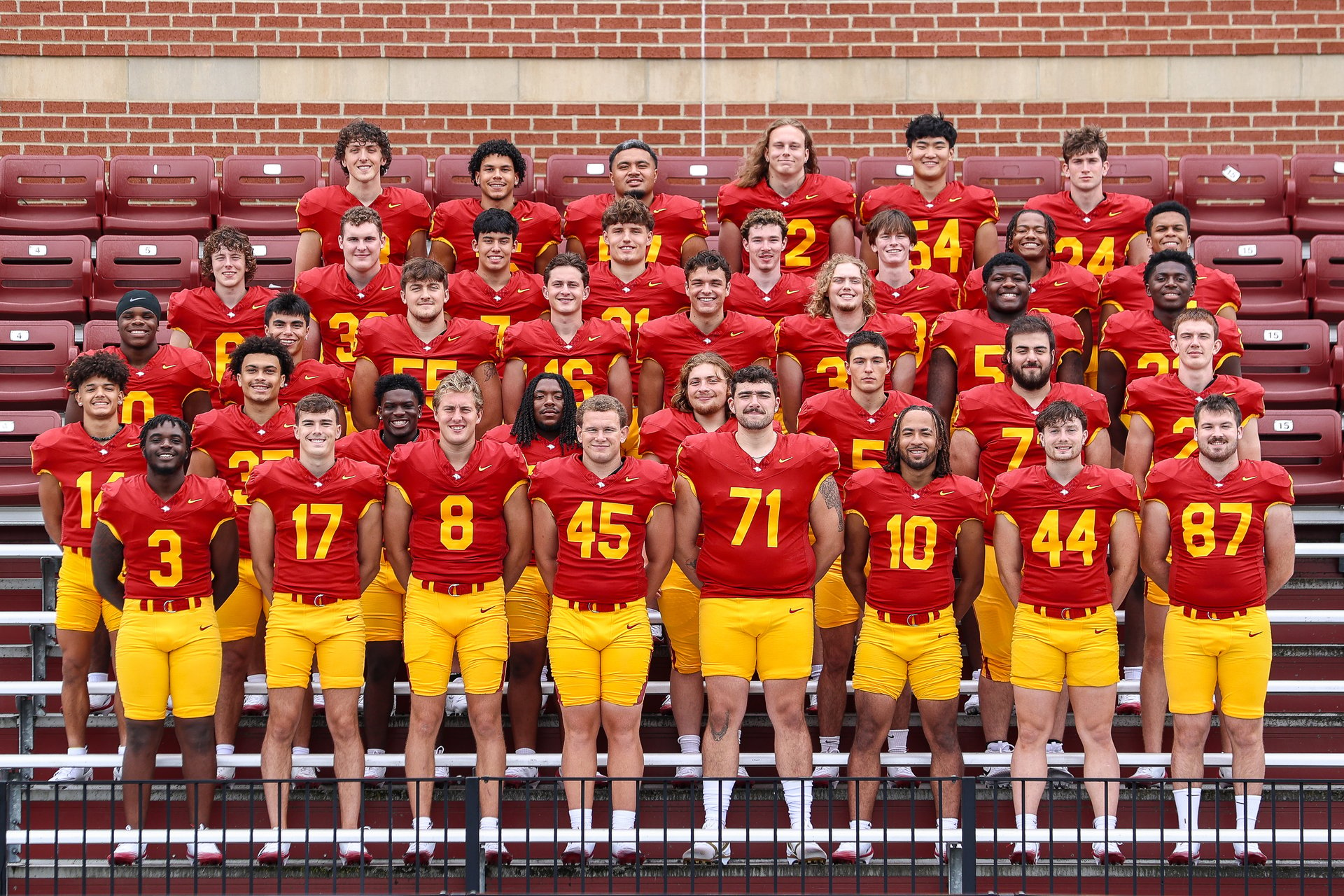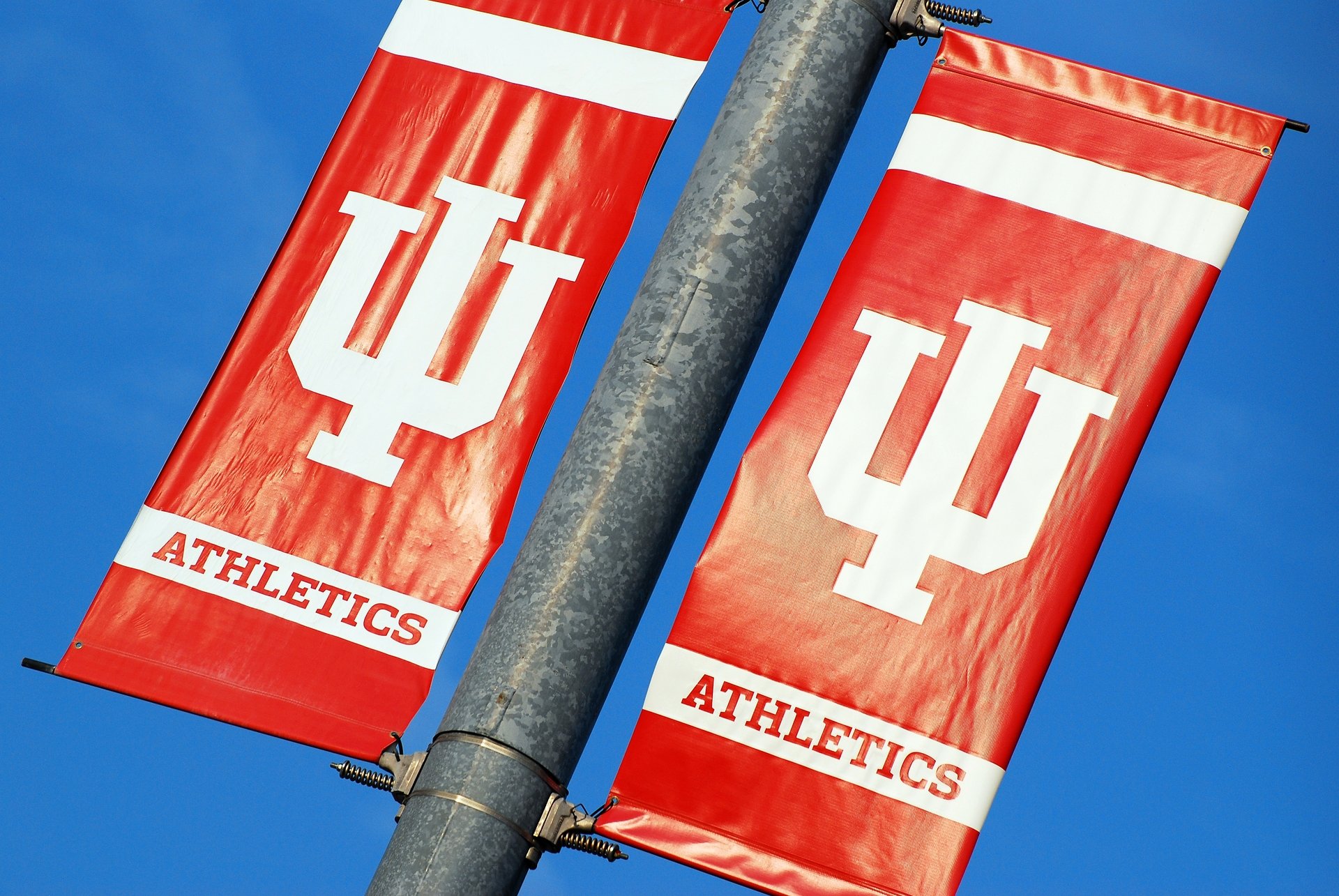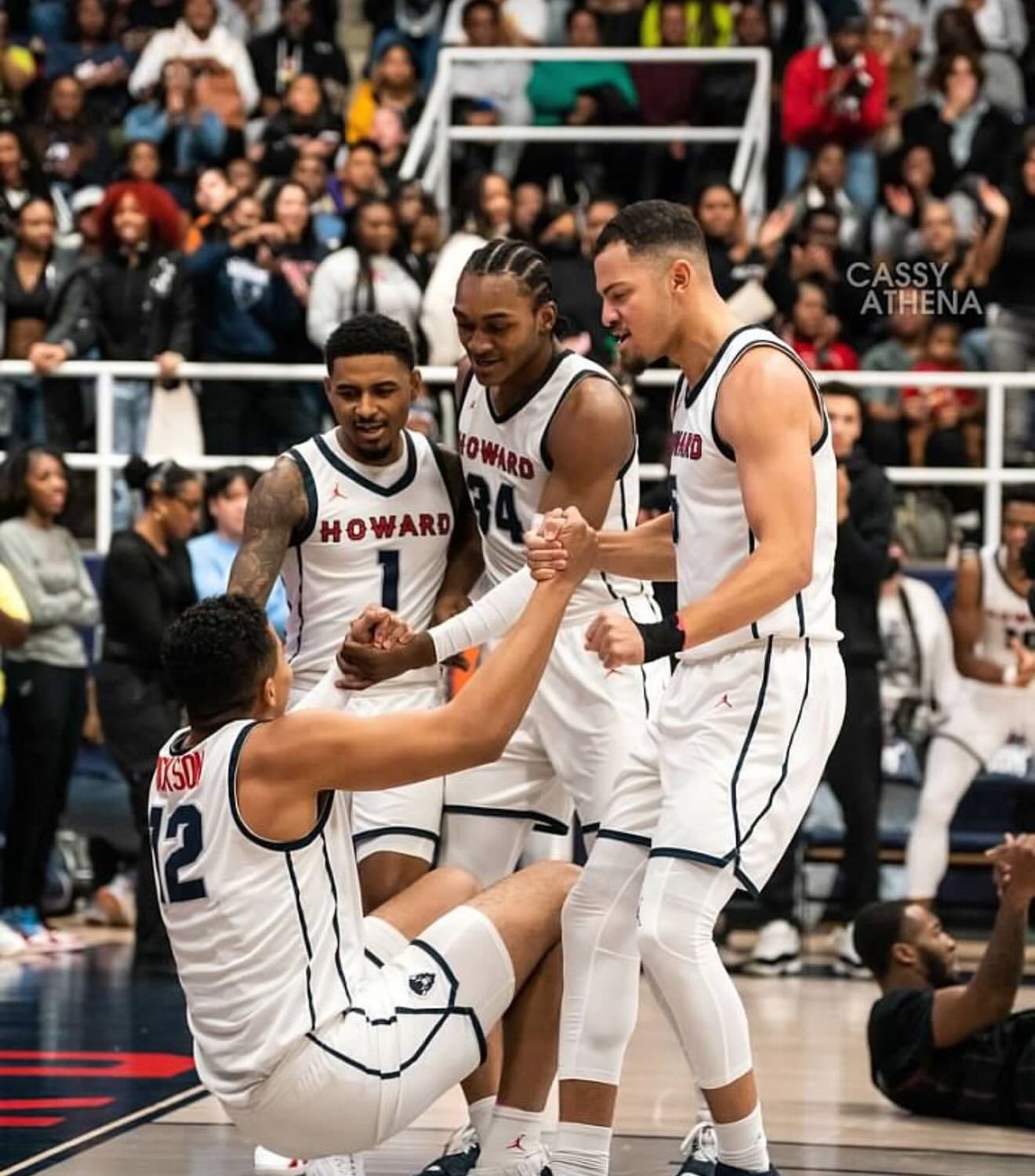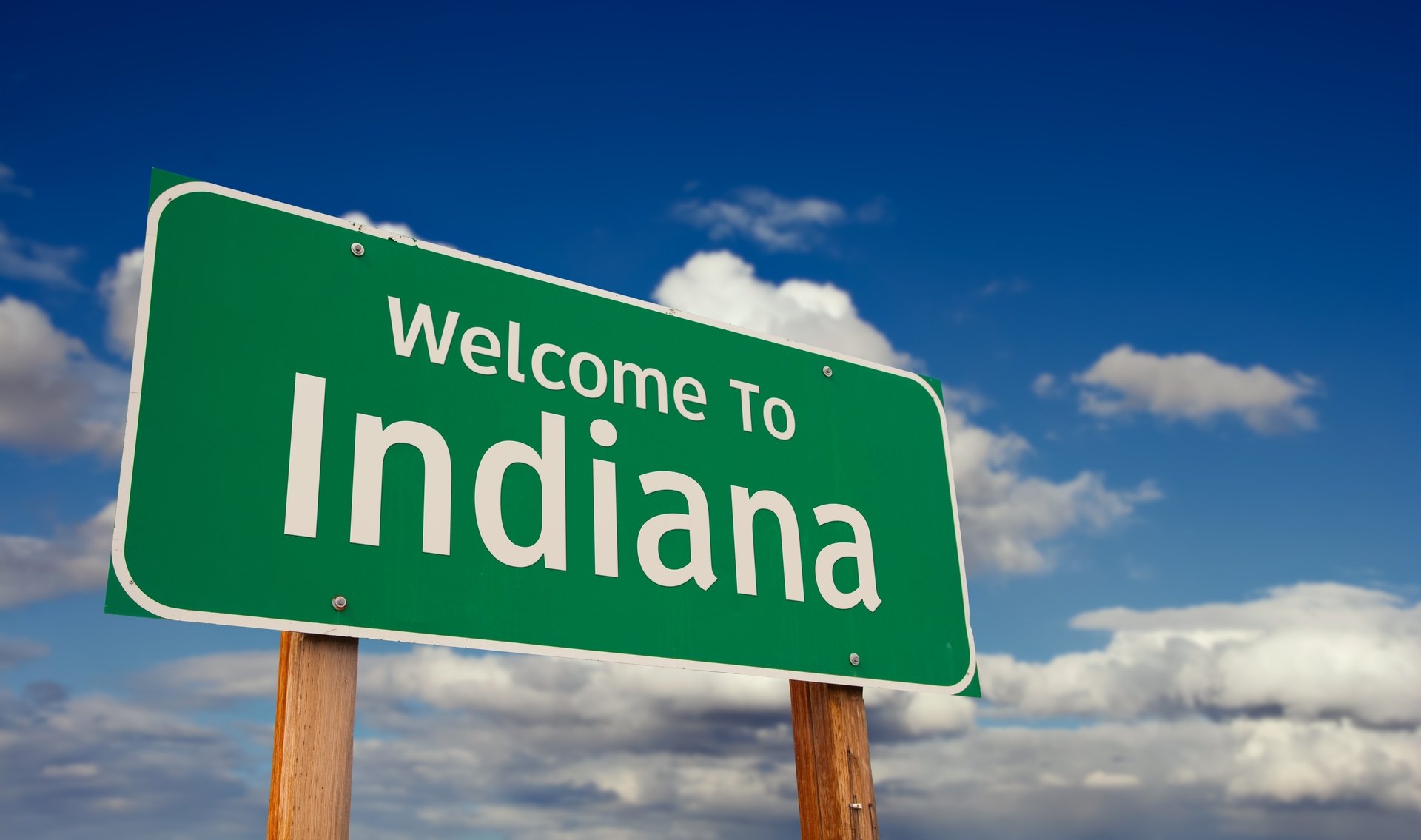Good morning, and thanks for spending part of your day with Extra Points.
Quick housekeeping note: I am currently in New Orleans right now for the Women Leaders in Sports Conference, where I’m interviewing athletes, administrators, and industry leaders. You’ll be able to watch those interviews on Collegiate Sports Connect and ADU in the coming days. Yesterday, for example, I sat down with MWC Commissioner Gloria Nevarez, as well as Taylor Jacobs, the Associate AD at LSU that oversees NIL. If you’re in town for the event, come say hello!
I’m able to do things like travel to conferences because of your subscriptions, and because of the support of sponsors like Amplos.
This edition of Extra Points is brought to you by AMPLOS:
Awareness; Action; Accountability – The team at AMPLOS relies on this process to help individuals, teams and organizations optimize their potential. They work with some of the most recognizable sports organizations and successful college athletic programs in the country, empowering them to be better and pursue better through leadership coaching, culture building, and learning opportunities. Want to learn more? Reach out to their team today.
It’s halfway through the season, and normally, Oregon State would be feeling pretty good. The Beavers, who just went on the road and beat Cal, are 5-1, with plenty of winnable games ahead of them. Ten wins are not out of the question this season, and if the Beavers can get there, they’ll have won double-digit games in two out of the last three years…something Oregon State has never done.
It should be good news for the city of Corvallis too. A big season for the Beavers is huge news for a town of just around 60,000 people. The city already played host to an (at the time) top-ten Utah squad, and with home games still to come against UCLA, Stanford, and Washington, there should be plenty of booked hotels, crowded bars, and full restaurants this fall.
But of course, this isn’t a normal season. The venerable Pac-12 is now the Pac-2. Nobody knows who Oregon State is going to play next season, or where, but the school knows enough to project massive decreases in athletic department revenue moving forward.
But about the city? What does Oregon State’s athletic instability mean for everybody else?
According to city manager Mark Sheppard, the overwhelming majority of people and businesses in Corvallis are connected to Oregon State University in some way. “Oregon State is easily the biggest employer in the city. We have a regional hospital system here, and Hewlett-Packard has a presence, but OSU is the big dog. They drive our economy, from housing, to consumer spending, to tourism.”
And it’s tourism, specifically, that the city is particularly concerned about.
Corvallis doesn’t have that many options for funding city services. The majority of the budget comes from property taxes, but Oregon’s constitution, Sheppard told me, limits how the city could potentially grow property tax revenue. There isn’t enough corporate activity to raise meaningful revenue via business taxes, and Oregon doesn’t have a sales tax.
That leaves hospitality taxes. The city imposes a 9% tax on hotels and other tourist lodgings. The city keeps 70% of that tax revenue and uses the other 30% to fund Visit Corvallis, a non-profit designed to market Corvallis and Benton County as a whole.
Corvallis has about 950 hotel rooms, I’m told. On a busy football Saturday, not only do all 950 of those rooms get booked, but there’s plenty of spillover business for neighboring Albany and other towns nearby. During the slower months of December and January, both Sheppard and Visit Corvallis Executive Director Christina Rehklau told me that OSU basketball and gymnastics events make up a huge share of hotel traffic, and that if OSU baseball hosts a regional, the hotel demand would outstrip that of even some football weekends.
But, since Corvallis isn’t right off the interstate, Rehklau told me that the city doesn’t get many just-passing-through hotel visitors. If you’re spending the night in Corvallis, you’re typically doing it on purpose…and the biggest reason to do so right now is typically because of Oregon State athletics.
According to the city budget, Corvallis expects to earn a little over $2.2 million in lodging tax revenue in 2023, and similar numbers in FY24.

Via the Corvallis City Budget
Those projections, of course, were made before the Pac-12 fell apart. Rehklau told me that historically, the biggest hotel weekends for Oregon State involved contests against teams like USC, UCLA, Cal, and Stanford (rather than Oregon)…teams that will no longer regularly be on Oregon State’s schedule.
Sheppard told me that he and his colleagues are working with officials at Oregon State to try and better calculate, specifically, what the total economic impact of realignment may be, but that they’re now expecting at least some sort of decline in lodging tax revenues.
What would that mean?
So first, some perspective The 2023 Corvallis city budget is about 261 million dollars. This budget is used to do things like pay for the city library system, parks department, fire, police and EMS services, and public works. A decline in revenue from a $2 million-and-change revenue source will not mean that Corvallis residents will suddenly be doomed to a city without firemen or libraries.
But that doesn’t mean it wouldn’t be significant, since, as Sheppard noted, the city doesn’t have many other tools to replace the lost revenue. “If there’s a significant revenue loss, we’d likely either need to cut back on services, or increase fees elsewhere to make up the difference.”
But where those cuts could be particularly painful would be specifically for Visit Corvallis, since that group counts on the lodging tax for nearly all of its revenue. The fear would be that if hotel tax revenue significantly declined, the city would lose resources for the specific entity they’d need to rely on to bring more tourism back to the city.
For example, Visit Corvallis handles professional photography and marketing services for vendors involved in events like the Mid-Willamette Valley Food Trail. They’re involved in efforts to recruit new businesses to the city and create new events that are independent of OSU athletics.
“I would be concerned about a potential tourism death spiral”, Sheppard told me.
Is all lost? No. But it’s worth considering just how many other people may be impacted by conference realignment decisions
Oregon State athletics isn’t going away, and the university isn’t folding or moving out of state or anything. Even if the schedule looks dramatically different, in 2025, there will still be Beaver athletic contests, and people will still want to watch them.
But there may be other economic impacts for the city, even beyond a potential decline in hotel tax revenues and an increase in vacancies. If Oregon State Athletics needs to cut jobs as a result of declining revenues, local consumer spending could be impacted. Restaurants and other non-hotel businesses that rely on seasonal crowds may be damaged. And there’s also the potential for a harder-to-quantify impact on community branding and psyche since Oregon State represents such an outsized influence on community life.
These are not necessarily insurmountable problems. Perhaps the city, in conjunction with the state, the school, or other stakeholders, decides to take this opportunity to reinvest in creating other events or institutions outside of OSU athletics that could attract more tourists and residents. Maybe fans of places like Boise State, Fresno State, or whoever else appears on future OSU schedules end up renting hotel rooms and drinking beers just as much as USC and UCLA fans did. Maybe, in the long run, this turns out okay for the town.
But in the short run, it’s hard to sugarcoat the reality. In the short term, it’s probably going to hurt….hurt the athletic department, hurt the careers of current athletes, potentially disrupt the professional lives of many current employees, and even hurt the community as a whole.
And that’s always a shame. And it’s especially a shame now.
Since, lest we forget…this Oregon State football team still looks really, really good.
If you’d like to buy ads on Extra Points OR in ADS3000, good news! They’re affordable, and we still have openings for this year. Drop me a line at [email protected]. If you have news tips or FOIAs you want to share, I’m at [email protected]. Otherwise, I’m at [email protected], @MattBrownEP on Twitter, @ExtraPointsMB on Instagram, and @MattBrown on Bluesky



















